Ford Revises Dealer EV Requirements

In what could be a tacit admission the transition to electric vehicles is going approximately as smoothly as a Michigan secondary road, it is being reported that suits at the Blue Oval are rolling back some of the requirements demanded of dealers in order to shill EVs to customers.
According to those in the know at Automotive News, Ford is slashing the required dealer training on electron eaters in half, while also cutting the number of EV chargers a retailer must install. As an example, storefronts popping for the so-called Certified Elite badge of honor now need only install a trio of Level 2 chargers instead of the previous suggestion of five. As well, the requirement of building a burly Level 3 DC fast charger sometime before 2026 has been removed from the agreement altogether.
Meanwhile, dealers fronting for mere Certified (sans Elite) status are on the hook for just two Level 2 chargers, again down from the previous watermark of five. Deadlines for the work to be completed in either case has been pushed back to the end of next June. Supply chain and infrastructure problems are being blamed for the changes.
Of course, our readers in the B&B know the difference. These alterations smack to high heaven of dealer pushback, showing up in the form of loud declarations from Dealer Principals to Area Managers about cost, timing, and color of the showroom tiles. In fact, over two dozen dealers in the state of Illinois successfully pursued a legal case in which they argued the old program violated state franchise laws. As anyone with half a brain would expect, many complaints were lodged about the cost of Level 3 chargers, most of which can recharge an EV in jig time but can hoover up a six-figure invoice without blinking. Dealers apparently argued that slow Level 2 chargers were more than sufficient to keep new EVs full of juice for test drives.
It is worth noting that Level 2s are widely available from a host of different providers – both for commercial and residential installations – and are popping up quicker than kudzu in Kansas. Alert readers will also question how much language is in these agreements requiring dealers keep the chargers in good working order after installing them. If that caveat is not present, there’s every chance in the world those chargers - placed by unwilling dealers who also surely complain about giving away free electricity – will be deader than disco in no time.
[Images: Ford]
Become a TTAC insider. Get the latest news, features, TTAC takes, and everything else that gets to the truth about cars first by subscribing to our newsletter.

Matthew buys, sells, fixes, & races cars. As a human index of auto & auction knowledge, he is fond of making money and offering loud opinions.
More by Matthew Guy
Latest Car Reviews
Read moreLatest Product Reviews
Read moreRecent Comments
- Master Baiter I told my wife that rather than buying my 13YO son a car when he turns 16, we'd be better off just having him take Lyft everywhere he needs to go. She laughed off the idea, but between the cost of insurance and an extra vehicle, I'd wager that Lyft would be a cheaper option, and safer for the kid as well.
- Master Baiter Toyota and Honda have sufficient brand equity and manufacturing expertise that they could switch to producing EVs if and when they determine it's necessary based on market realities. If you know how to build cars, then designing one around an EV drive train is trivial for a company the size of Toyota or Honda. By waiting it out, these companies can take advantage of supply chains being developed around batteries and electric motors, while avoiding short term losses like Ford is experiencing. Regarding hybrids, personally I don't do enough city driving to warrant the expense and complexity of a system essentially designed to recover braking energy.
- Urlik You missed the point. The Feds haven’t changed child labor laws so it is still illegal under Federal law. No state has changed their law so that it goes against a Federal child labor hazardous order like working in a slaughter house either.
- Plaincraig 1975 Mercury Cougar with the 460 four barrel. My dad bought it new and removed all the pollution control stuff and did a lot of upgrades to the engine (450hp). I got to use it from 1986 to 1991 when I got my Eclipse GSX. The payments and insurance for a 3000GT were going to be too much. No tickets no accidents so far in my many years and miles.My sister learned on a 76 LTD with the 350 two barrel then a Ford Escort but she has tickets (speeding but she has contacts so they get dismissed or fine and no points) and accidents (none her fault)
- Namesakeone If I were the parent of a teenage daughter, I would want her in an H1 Hummer. It would be big enough to protect her in a crash, too big for her to afford the fuel (and thus keep her home), big enough to intimidate her in a parallel-parking situation (and thus keep her home), and the transmission tunnel would prevent backseat sex.If I were the parent of a teenage son, I would want him to have, for his first wheeled transportation...a ride-on lawnmower. For obvious reasons.



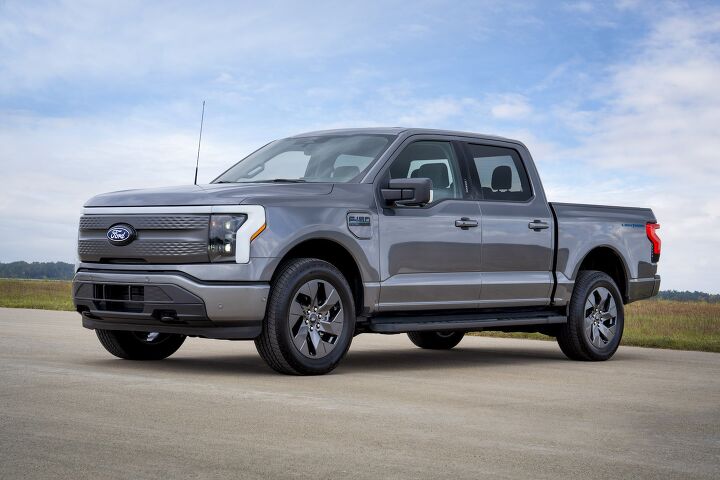












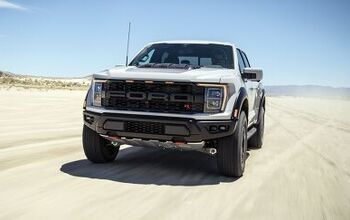


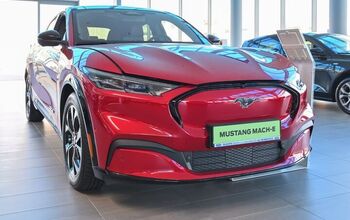

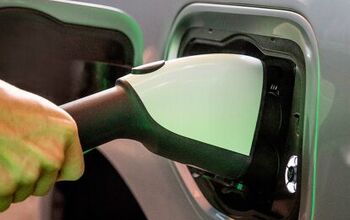
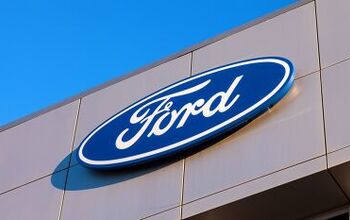
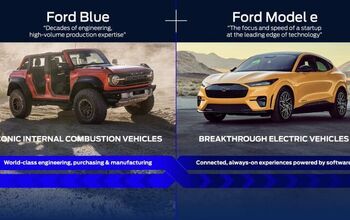





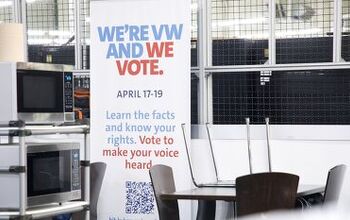




Comments
Join the conversation
Climate change - the undefinable term that just results in more government and less freedom.
where is Lido when you need him?